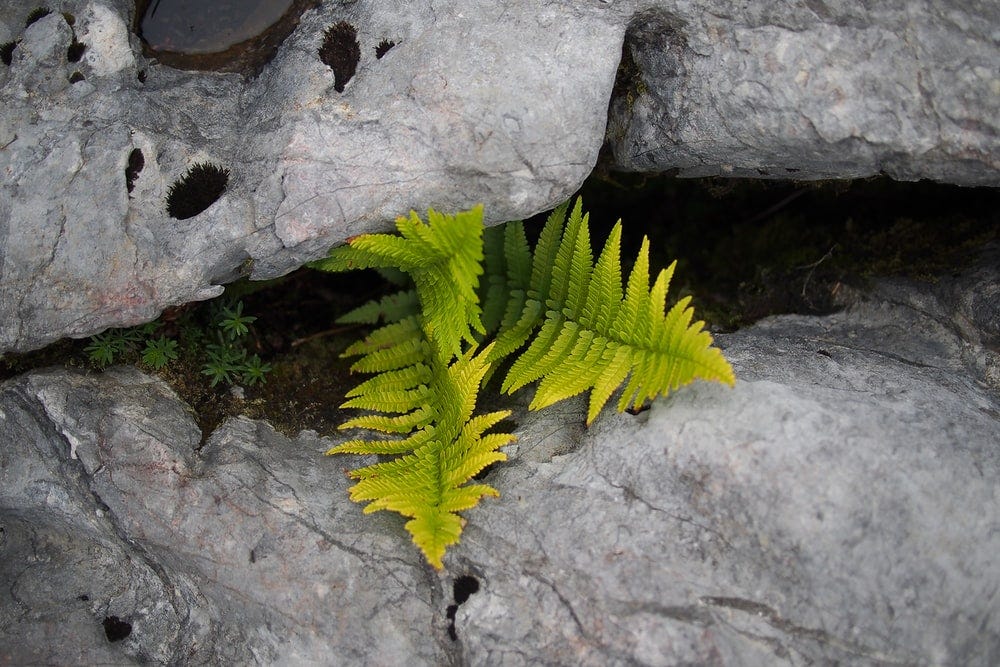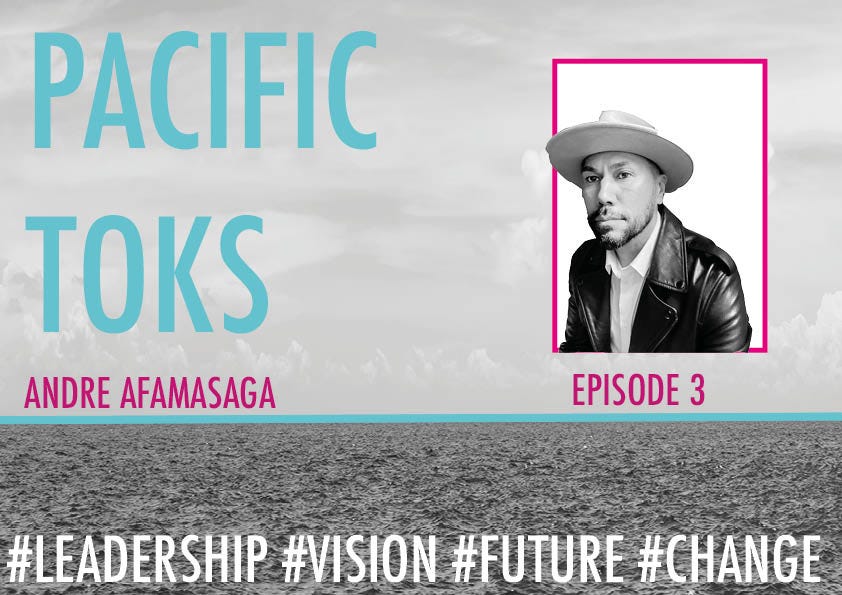WTO? WTF!
Issue 43 - 16 February 2021 (7-min read)
The World Trade Organization (WTO) has made history by selecting a Nigerian woman to lead the institution for the first time since it was established in 1995. Mainstream media coverage has heaped praises for this historic achievement but forgive me if I am a little hesitant to jump on the bandwagon.
My skepticism has nothing to do with the fact that a woman and a person of colour is now leading a global financial institute. In fact, I wish this was not a novelty in 2021. But patriarchy and racism are still thriving across the world so that’s that.
My cynicism stems mostly from the way in which the unholy trinity of global financial institutions - the IMF, the World Bank and the WTO - has perpetuated global inequalities and sustained colonial practices to this day.
This week in The Global Tiller, we take a closer look at the origins of WTO, how they have created systems of severe global inequality and what are some ways in which they should move forward, if we are to believe their commitments to global prosperity.
The history of this organisation goes back to the end of the Second World War, when the then superpowers created the General Agreement of Tariffs and Trade (GATT) to ensure unanimous trading policies and overall peace among nations. This agreement regulated most of the global trade in goods until 1995, when it was renegotiated as WTO to cover the trade of services and intellectual property as well.
In essence, this system was rooted in deep inequalities that had existed since decades, if not centuries, due to colonisation. The wealthy nations insisted on 'free trade', forcing poorer economies to liberalise their markets, thereby denying them the opportunity to gain any real footing in global trade. All this time, wealthy countries protect their own agriculture sectors against poor countries - the one sector in which they can compete. Even the laws around intellectual property are preventing the Global South from obtaining Covid-19 vaccines, a crisis that Citations Needed podcast calls the "vaccine apartheid".
It is a system designed for the Global South to feed the economies of the Global North. Unrecorded capital flight makes developing countries net creditors to the rest of the world. In 2012, trade mis-invoicing alone deprived developing countries of $700 billion, a factor five times greater than the aid received during that period.
The appointment of Ngozi Okonjo-Iweala as the head of WTO checks the right diversity boxes but if she wants to being real change, she will have to question the oppressive neoliberal policies that her institute is founded on. The reset in the global economy will come once IMF, World Bank and others admit their policies are the problem.
As stated quite succinctly in this article:
What we need at this historical juncture is not a back-and-forth between liberal and conservative talking points on economic policies, which do not address the (neo)colonial dimension of wealth generation. What we need is a radical rethinking of the colonial global economy.
The pandemic has given an opportunity for us to question our systems and work for better ones for the future. So let’s not settle down just because the WTO is being led by an African woman, let’s rethink these systems entirely so they are equitable for all.
Until next week, take care and stay safe.
Hira - Editor - The Global Tiller
Growing calls for doughnut economy
If you enjoyed our 40th issue on ‘doughnut economy’, you may enjoy this podcast, A Renegade Solution to Extractive Economics: A Conversation with Kate Raworth, by the Center for Humane Technology in which they speak with the creator of this concept.
Welcome to the latest episode of our Pacific Toks podcast!
In today’s episode, we welcome Andre Afamasaga from New Zealand. Andre is a human rights advocate currently working for the New Zealand Human Rights Commission. Before that, he was a Christian Pastor. At the end of 2019, Andre got on the news after publishing an opinion piece, “Gay, Christian and a former preacher, I'm coming out to help anyone hurt by Folau,” following some public declarations made by rugby player Israel Folau.
Listen to our conversation on the situation of LGBTQI+ in the Pacific, the role of religions in fostering diversity and inclusion, and how to mix traditions and modernity around the questions of identity in the Pacific.
…and now what?
Every now and then, Hira and I get into intense discussions about the situation on the international stage: the UN, WTO and the likes. I think we both make compelling arguments and eventually we agree on the same thing. We just see the problem through different lenses.
Our conclusion is this: the current international system of organisations and treaties is outdated. Most of it is actually based on centuries-old treaties and agreements, at a time when the very idea of nations was new.
So it is quite obvious to anyone paying attention that the system doesn’t make sense anymore. We now have so many voices and perspectives that we cannot just rely on repainting the walls of the facade knowing that the house has gained floors, stairs, windows and more.
One can argue that the system doesn’t work because of politics, trade interests, etc. Yes, there is all of that. But I do also believe, there is an issue of rigidity. Or, as philosopher Nassim Taleb puts it: robustness.

A stone is the epitome of robustness. It stands the passage of time without changing. It doesn’t grow, doesn’t adapt more than what the outside elements impose on it. It’s a long, tedious and, sometimes, hopeless process.
On the other hand, it also develops the concept of antifragility (which can be related to resilience) in which we learn from our fractures, our breaks, our cracks and our crises. We grow from them. This means being open to criticism, to questioning, to starting from scratch. Because when things don’t change when they need to, you have to ask yourself: is it time for a bolder approach and a strong reform?
We are not stones. Neither are our organisations. And, as much as we like to claim that things are “set in stone”, there are times when we know we need to change. And not just cosmetic changes.
Today, I was reading an interview of Bill Gates on his new book. While this inventor has usually been seen as a “we can” type of guy, even he starts to ponder on his optimism. As if we’re all realising that our institutions, systems and structures of organisation are turning into stones while we need more and more antifragility.
So how do we get there? Well, that’s the thing! It seems today there’s no recipe for what’s happening to us. There are some fixes here and there, but not an overarching methodology on which we can support our evolution. But so it has been for a long time.
It feels like we have turned our world into a stone where everything is considered so sacred that you cannot question it anymore. From states to businesses, we stick to superficial considerations.
As it goes for the WTO: the nomination of an African woman is a great achievement per se but it doesn’t solve much. Maybe she will, as some candidates in other organisations have proven to do in the past, but it won’t work through the will of a single person. Changes happen when everyone gets on board.
I don’t have the solution to all this (if I had, I’ll be working with Bill Gates!). But maybe this is where we can start: instead of just asking "why" - which has been important in getting our minds out of the sleepwalker syndrome, how about we ask "why not"?
We can open the door to a new perspective, a new angle to the problem that could take us out of what seems to be an eternal pillar of our world. Big questions are sometimes small in words but they can shake our minds and make us challenge our systems without breaking the stone too abruptly.
If why not is something you’d like to ask, have a look at my blog where I ask “why not” on borders, money, diversity.
Philippe - Founder - Pacific Ventury



This write-up is actually an eye-opening for me. Thank you Hira and Philippe for sharing your views.